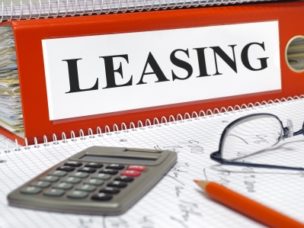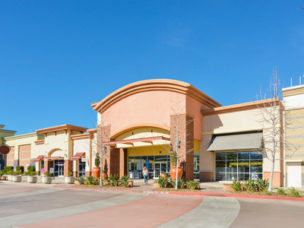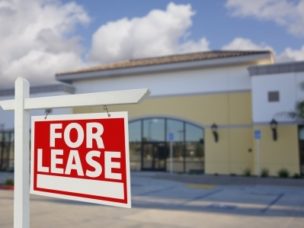Stay in the know
Subscribe to the Real Estate Blog and we’ll send you an email each time something new is posted.
Subscribe to the Real Estate Blog and we’ll send you an email each time something new is posted.
Blogs
Real Estate Blog
Retailers Can Improve Leasing Efficiency with Document Automation
Corporate legal departments in the retail industry are under constant pressure to cut costs, and they often pass those pressures on to outside counsel. In turn, law firms are searching for new technologies to help increase efficiencies for their clients. One such technology, document automation, may be a viable solution to the problem by helping to improve the retail leasing process between in-house and outside counsel.
Document automation, sometimes referred to as document assembly, is particularly well-suited for clients who require that their form of lease be used as the basis for the leasing transaction. This technology can be used by outside counsel to create initial drafts of documents and can further streamline the drafting and editing of leases through the use of “clause libraries” (the collection of frequently used alternative provisions for a particular document). At the very least, lawyers can generate drafts of leases more quickly and cost-effectively than manually preparing first drafts.
A Disruptive Technology or a Disruption to Law Firm Business?
Document automation has been hailed a disruptive technology that can forever change the delivery of some legal services. However, the very idea of document automation contradicts many long-held views about hourly billing and the business of law. Consequently, some law firms and lawyers have been reluctant to implement document assembly systems, because they reduce the time a lawyer spends drafting documents, which disrupts the traditional billing philosophy of many lawyers. Law firms built on the billable hour model are particularly reluctant to adopt any technology that reduces the number of hours to create a document, because they view such technology as disruptive of their business model.
Rather than a disruptive technology, some industry analysts view document assembly as a “sustaining technology,” meaning that it affords law firms opportunities to improve their service to clients. Using document automation, law firms can reduce the costs and overall inefficiencies associated with traditional drafting methods, while reducing the potential for errors. Theoretically, leasing documents can be created in minutes instead of days. Put simply, as several commentators have noted, document automation could be to the practice of law what spreadsheets are to accounting.
At Sherin and Lodgen, we view document automation as an innovation that allows us to improve leasing services to our clients. By automating repetitive sections of a document, we can deliver the document to our clients more efficiently, allowing us to focus our time on the nuances of the leasing transaction. Today, clients are concerned with receiving more efficient, predictable and cost-effective legal services. We believe that implementing document assembly software will assist us in meeting those concerns.
Introducing LeaseCraft
Consistent with our view of document automation as a sustaining technology, we have developed a document assembly system called LeaseCraft™ to expedite the lease drafting process. Utilizing a client’s preferred lease form, our leasing team is able to efficiently produce first-draft leases. If desired, clients may import the terms of an LOI or Term Sheet electronically into the lease template. The software can also generate a summary of key lease terms and transmit the summary to the client’s in-house lease administration team and may also be able to interface directly with the client’s own property management software.
A move to document automation can represent uncharted territory for many law firms. However, we believe that developing and implementing document assembly software is essential for law firms to meet the requirements of leasing clients for prompt and cost-effective preparation of leases. With the right systems, tools and technologies, such as LeaseCraft™, we believe document automation is a benefit to everyone involved in the leasing transaction.



